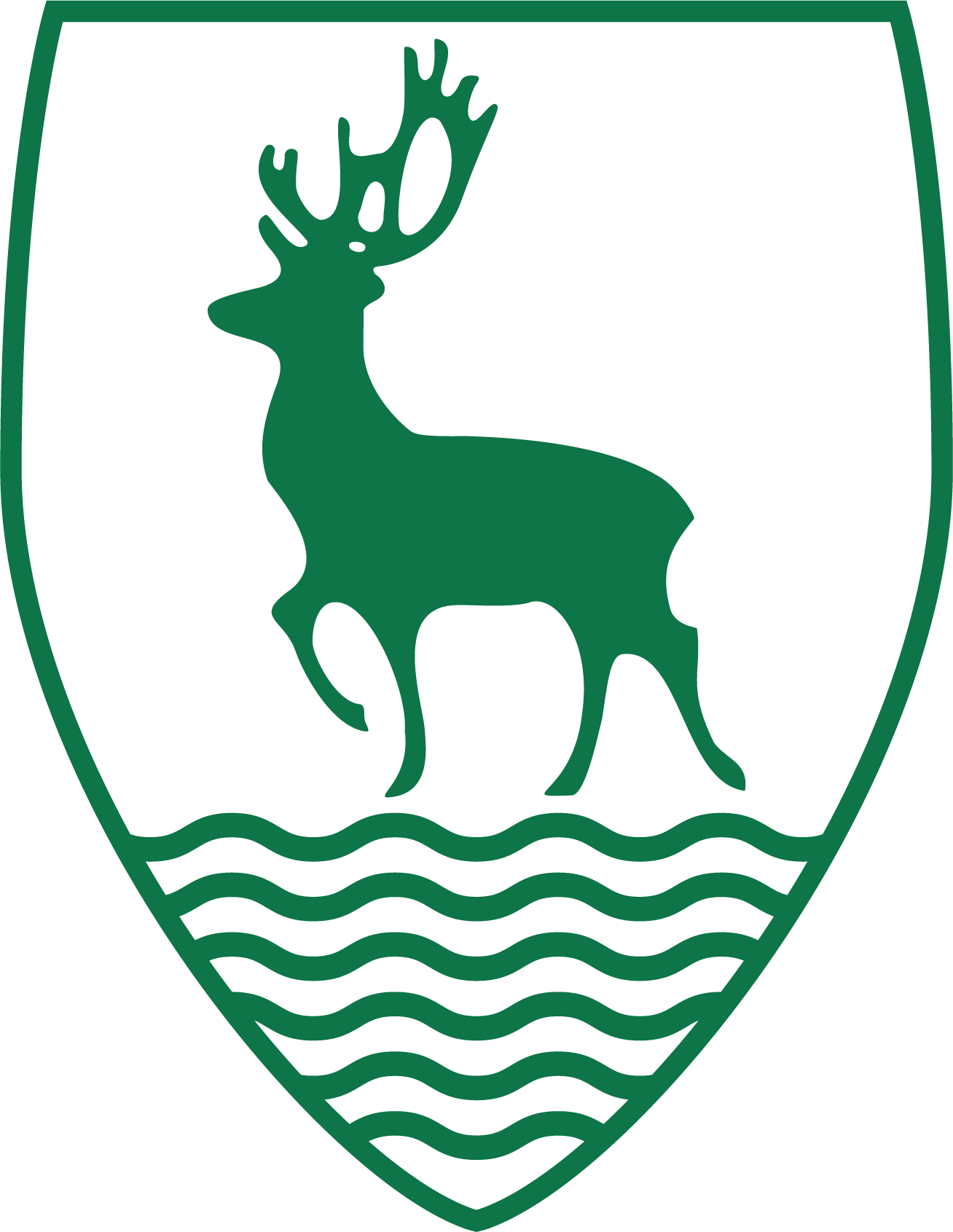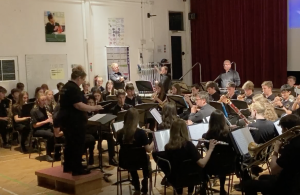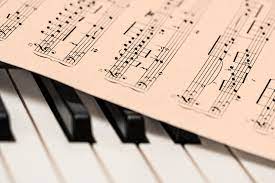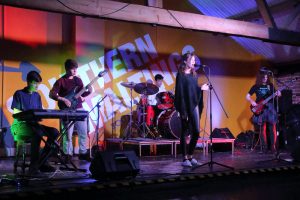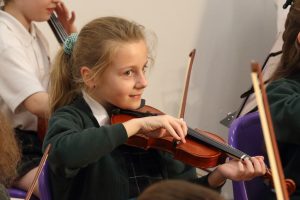Our Instrumental and Vocal Programme provides a standard of musical success, from beginner through to advanced levels.
If we all work together, amazing things can happen.
The link to sign up for lessons is below. Please do take time to find out about our programme and how it works.
Learning an instrument or to sing is amazing!
Our ethos is all about getting involved. Making music with others. Being inspired by music.
In the secondary phase we offer all instruments with individual lessons of 20 or 30 minutes length per week. This extends to singing, guitar (acoustic and electric), bass guitar, drums and piano, as well as strings, woodwind (including saxophone) and brass.
In the primary phase we gradually offer strings, woodwind (including saxophone) and then brass. Where we have availability, piano is also offered. Group lessons gradually progress to be individual 20 minute lessons by Year 6.
As part of this, all students are expected to make music with others. There are plenty of opportunities and this is what making music is all about!
Below are details of how the program works and how we all work together.
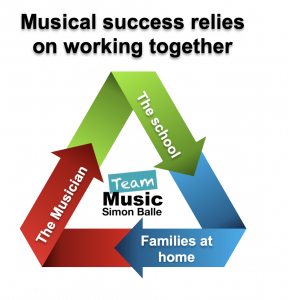
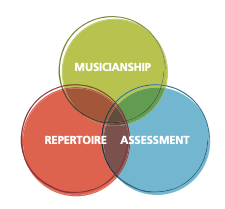
Working together
Success in this programme relies on us all working together, including your support at home with practice. We are one team.
Repertoire
Students explore a variety of styles and periods, ensuring they gain a wide range of knowledge.
Musicianship
A thoughtful and consistent approach to the development of ear training and sight reading provides students with a solid foundation for independent creative music exploration
Assessment
A national standard for exams, with independent, third party assessment provides students with goals to work towards and challenges them to perform at their highest abilities.
Successfully completing exams builds confidence and offers students the opportunity to celebrate achievements.
Enjoyment
Being a young musician requires both determination and self-discipline but it is almost unparalleled in terms of the rewards and satisfaction it can bring. Years of pleasure lie ahead for your child and we hope both you and your child enjoy this time.
Understanding the Language of Music
Music has often been described as an international language that communicates more profoundly than words. The study of theory opens the door to a deeper understanding of the language of music and provides the skills that will support a lifetime of music making.
It shows students how the basic elements of music - rhythm, melody and harmony - work together. With this knowledge, they are able to learn music more efficiently, to perform it with greater understanding, and to communicate their creative ideas more effectively.
Unlocking potential
The study of music provides a wonderful avenue to help musicians develop confidence and boost their creativity. Music students are more likely to reach their full academic potential. Cognitive benefits include better memory and attention skills, enhanced language skill and improved brain function.
FAQs
By setting up routines for practice and celebrating what is achieved. Drummers who do not have a kit must practice in school from 8am 3 times per week. Within time, most musicians should be making music with others - in ensembles or choirs, in concerts or recitals. Practice and engagement leads to progress. Use the practice link above for more information.
Music Lesson times are communicated through Involve (Log in Here).
Students and their parents/carers log in, and can see their lesson time and lesson reports.
Music lessons are during the school day, and are on a rotation so not to miss the same lesson two weeks in a row.
Timetables are organised carefully, so that all students are accommodated. If you cannot make a lesson, or have a specific request for the next week:
Speak to your teacher a week in advance to let them know. They might be able to change your time
If short notice, speak to Miss Morgan in the music office. There might be nothing they can do.
For House Sports and other all day in school events, come to your lesson as normal.
On the day requests cannot be accommodated, as it is too short notice.
The instrumental teachers are still entitled to be paid. When the teacher is available and the pupil does not attend, the lesson is forfeited and no refund can be made.
When the teacher is not available the lesson can be made up at a future date. Students are expected to inform their teacher of school trips and assessments at least a week in advance, otherwise the lesson will not be made up. You can always email information to us.
Long term illness is discussed on a case-by-case basis.
33 (secondary) or 30 lessons (primary) are taught within 39 weeks in the school year. There will therefore be weeks when a lesson is not taught – we do ensure that the correct number of lessons are taught in the school year. Teachers are required to keep a detailed record of a pupil’s attendance that we use as our source of information for any queries about the accounts.
We have a variety of concerts across the school year, there is so much to be involved in. We do expect everyone involved to attend, our ethos of commitment has to be taken very seriously. We believe that performing can make a difference, and
Our concerts are well publicised on our ‘What’s On’ page (https://www.simonballe.herts.sch.uk/music/whats-on/), and in newsletters, students involved are made well aware of these concerts in advance.
We believe that regular communication is the key to progress – please ensure we have your correct email so we can stay in touch. It really makes a difference.
Care of the instrument is vital. We strongly recommend you do not attempt repairs yourself – things are often less serious than they appear, and a wrong move could damage the instrument.
Your first port of call should be your instrumental teacher, who may be able to help, or at least advise where to have it fixed. However, if this is not possible, please come to the music office.
Contact us first for advice, as most instruments can be purchased through the school, saving the cost of VAT.
From time to time the teacher will ask for you to purchase some music. Fair warning will be given, but it will be expected that wherever possible, the music will be purchased – if there are problems you should contact the teacher. Always take the recommendation of the teacher before buying or hiring an instrument – we have years of experience and can prevent you ending up with what the shop wants to get rid of! It is far cheaper to purchase through the school – you can save the cost of the VAT. Do ask!
Charges for the year are split over 9 months. Full details are here: https://www.simonballe.herts.sch.uk/music/lesson-charges/
We book our teacher's time in advance and this is their income.
Therefore, a 6-lesson notice period is required in both the Secondary or Primary phase.
The teacher will suggest the way to record work and make comments and give messages to parents. You will be advised of how your child is progressing during the year. You can always ask questions or advice.
